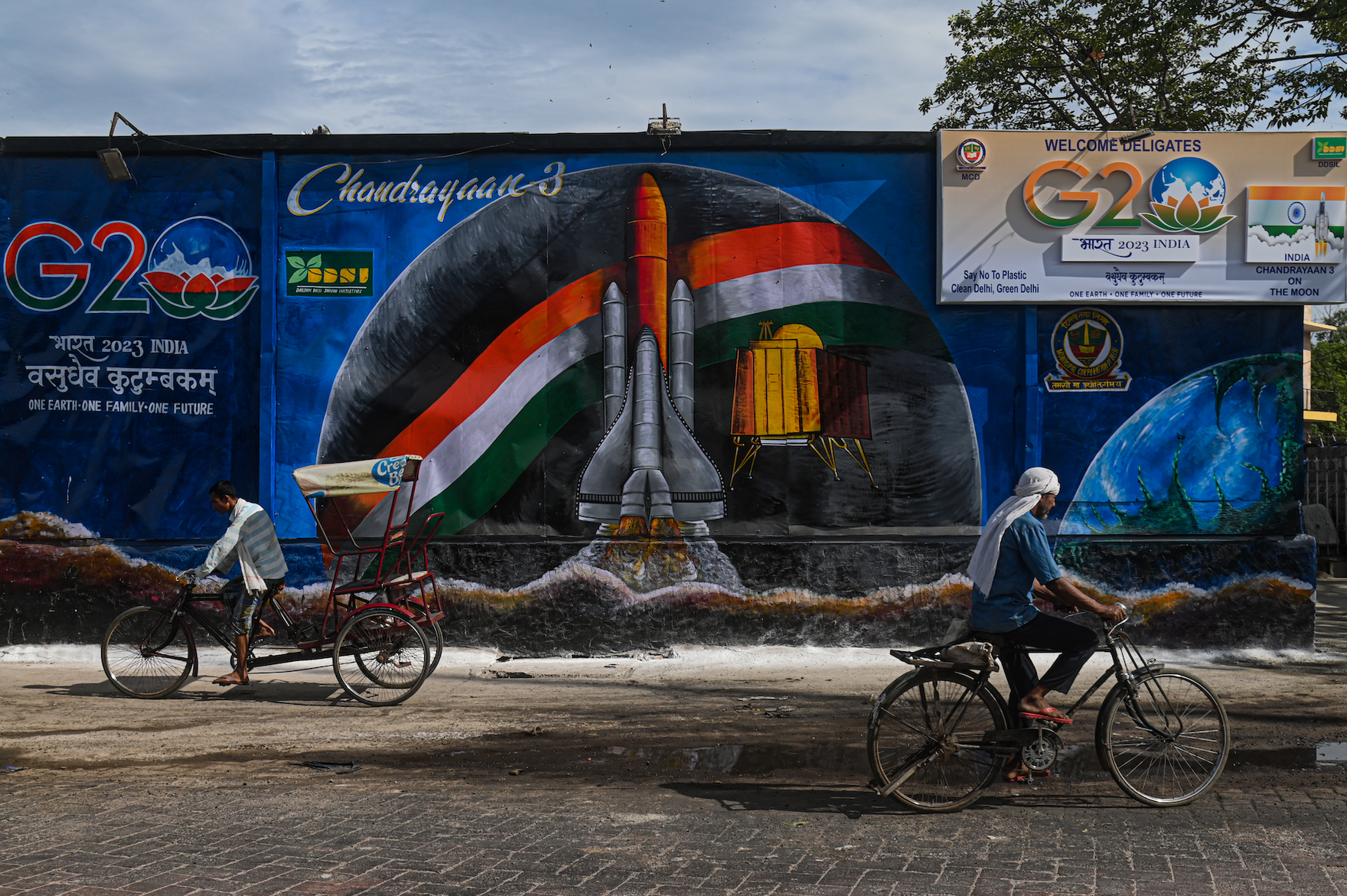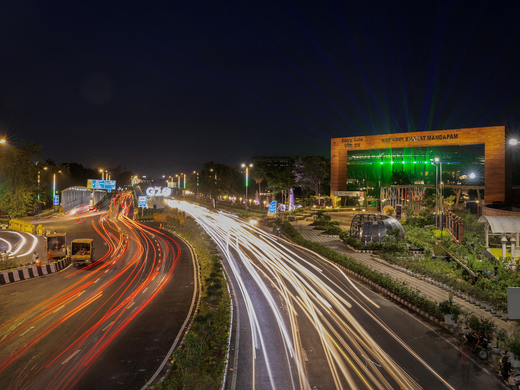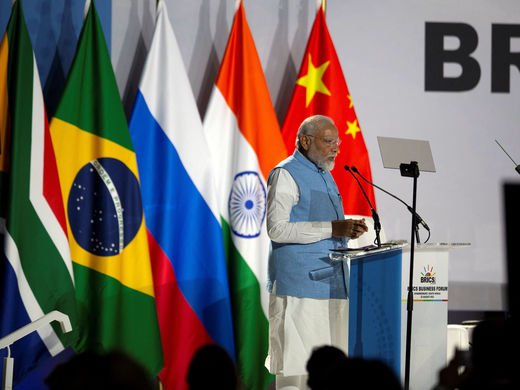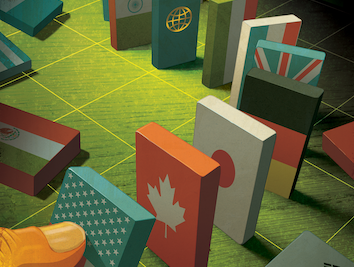It wasn’t supposed to be this way. Summits gathering the heads of the world’s most powerful economies — the Group of Twenty (G20) — have always been intended to enable leadership and action on key global issues, not to become a soon-forgotten annual gathering and photo op. Can a way forward be found?
There’s no shortage of currents now undermining the G20. The war in Ukraine is only the most obvious. A fundamental and intensifying rivalry between the United States and China now spills over into all G20 issues. Not surprisingly, the group’s members are increasingly focused on pursuing their own, narrower interests through blocs of emerging markets, such as the BRICS+, with its aim of providing a counterpoint to the Group of Seven (G7). This spiralling geopolitical fragmentation is further weakening the United Nations and other multilateral organizations that are already struggling with reforms driven by green, digital and demographic transformations.
India’s preparations have been excellent. But given the dynamics, it would be unwise to expect much progress to emerge from the G20 Delhi Summit itself. If a leaders’ declaration is issued at all, it won’t be substantive. Even the prospect of key bilateral meetings is lessened this year due to the absence of Chinese President Xi Jinping. Xi is skipping this summit, seemingly with the intent of lessening the profile of Indian leadership. Recall that on the margins of last year’s G20 in Indonesia, an important and overdue bilateral meeting took place between US President Joe Biden and Xi.
India has come into its own as a global power in 2023. It is now the world’s most populous nation; its youth is driving the fastest-growing economy in the G20; and it recently demonstrated its technological prowess in space, with a moon landing. India has also used its G20 year to take the stage as a champion for developing countries, promoting issues such as digital public infrastructure and climate finance — both key ingredients for equity and sustainability in international development. Moving forward, India’s strategic choices will be pivotal in the broader geopolitical dynamic, and it may well chart a path separate from both the United States and China. To that end, India has much more work to do on defining its own international role.
Future historians may look back on 2023 as the year when the world became fully multipolar. The war in Ukraine and superpower rivalry have effectively frozen out much international cooperation, even in areas of clear common interest. Greater fragmentation is propelling insular thinking around the world and raising risks of more conflict.
What direction should the G20 take? There is no real alternative to it, as there is no other grouping of countries representing two-thirds of the world’s population and almost 80 percent of global GDP. The G20 members collectively carry a great deal of heft and responsibility. The need for global leadership has never been higher.
And there are more challenges immediately ahead. The G20 chairs for 2024 and 2025 — Brazil and South Africa, respectively — have set reforming the global system as their ambition. But to go beyond empty rhetoric, they will need to ensure buy-in from the most advanced countries on a common vision for meaningful cooperation on key global issues.
One possible future would be for the G20 to focus on a limited set of shared global challenges such as climate change, international trade and transformative technologies (including artificial intelligence). While each of these areas contains elements of self-interest and national competition, they also all include clear elements of common global interest — in particular, inequality.
Critical to success here would be harnessing the various G20 working groups, ministerial meetings, civil society voices and other stakeholders to rally around critical priorities. More controversially, the G20 would need to drive concrete actions through instruments and organizations outside itself, such as the United Nations Framework Convention on Climate Change and the World Trade Organization, which currently machinate, to no great effect, with their own siloed processes and watered-down outcomes.
Canada, meanwhile, as it seeks to refine its role in the evolving multipolar world, can help drive a new vision. Lacking a more substantive focus for its international efforts, Canada currently struggles to be taken seriously in more global conversations than we care to admit. But many countries still see Canada — with far less geopolitical baggage than most allies — as a credible support in defining common global interests and framing international cooperation.
The truth is that Canada is a robust middle power. We should stop viewing ourselves as a “small country” with a passive role. There is an opportunity for Canada, as it prepares to host the G7 in 2025, to be proactive and lead a renewed global conversation. That opportunity should be seized.
This article first appeared in The Globe and Mail.



